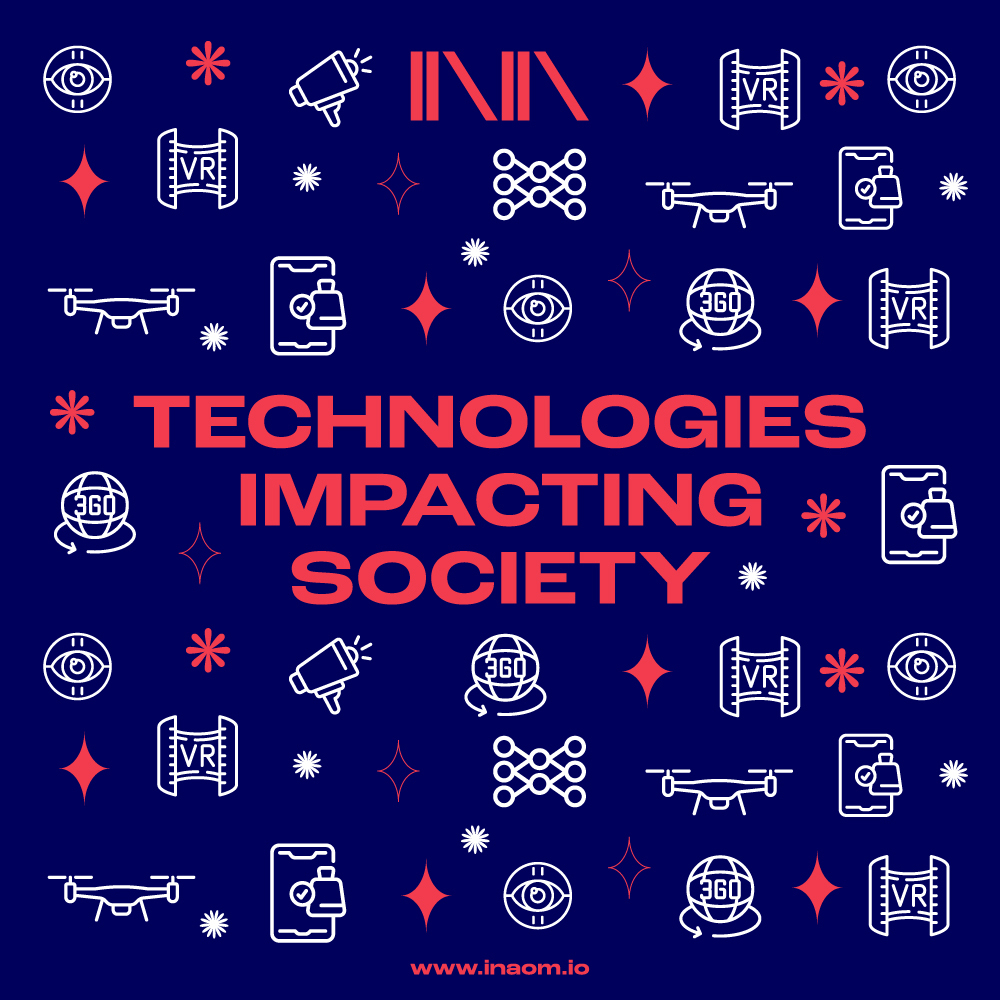Welcome to the Technologies Impacting Society Podcast, the show where we explore the latest trends in digital technology and its impact on our society, and how it is changing us. Today I’m going to be discussing the topic of AI & Livestreaming and particularly its role in e-commerce.
In today’s fast-paced world, keeping a podcast short and sweet is crucial, as everyone is finding themselves more and more pressed for time. By condensing content into concise and engaging episodes, we get to respect your time while delivering some valuable insights—we’re hoping! Also, that brevity can be this podcast’s secret weapon, ensuring that even in your busy life, there’s always room for a quick, insightful, and enjoyable listen while on the move, especially with the current exponential change in Technology right now.
AI has the potential to transform live streaming in several ways, enhancing both the content creation process and the viewing experience. Here are some of the ways in which AI is likely to impact live streaming:
1. Content Enhancement:
Automated Production: AI can be used to automate various aspects of livestream production, such as camera switching, graphics generation, and audio mixing. This reduces the need for a large production team, making live streaming more accessible to content creators. Video and Audio Quality Improvement: AI algorithms can enhance video and audio quality in real-time. They can reduce noise, stabilise shaky footage, and improve overall production quality. Real-time Captioning and Translation: AI-powered speech recognition and language translation can provide real-time captions or translations for livestreams, making content more accessible to a global audience.
2. Audience Engagement:
Chatbots and Moderation: AI-driven chatbots can engage with viewers in livestream chat, answer common questions, and moderate content to ensure a positive and safe environment.Personalised Content: AI can analyse viewer preferences and behaviour to recommend relevant livestreams and content, increasing user engagement and retention.
Emotion Recognition: AI can analyse audience reactions and emotions in real-time, allowing content creators to tailor their presentations and engage with viewers more effectively.
3. Content Creation:
Automated Highlights: AI can automatically generate highlights or summaries from long live streams, making it easier for viewers to catch up on important moments.
AI generated Content: In some cases, AI can generate content, such as deepfake characters or virtual hosts, to entertain and engage viewers.
4. Monetisation and Analytics:
Targeted Advertising: AI can analyse viewer data and preferences to deliver targeted advertisements during live streams, potentially increasing ad revenue for content creators. Audience Analytics: AI-powered analytics tools can provide live streamers with valuable insights into viewer demographics, behaviour, and engagement, helping them make data-driven decisions.
5. Content Accessibility:
Transcription and Accessibility Features: AI can assist in transcribing live streams for accessibility purposes, benefiting viewers with hearing impairments or those who prefer to read content.
6. Security and Moderation:
Content Moderation: AI can be used to detect and filter out inappropriate or harmful content during live streams, helping to create a safer environment for viewers.
7. Interactivity:
AI Powered Games and Challenges: Livestreams can incorporate AI-driven interactive elements, such as games and challenges that engage viewers in real-time.
8. Remote Collaboration:
Virtual Collaboration: AI can enable remote collaboration between live streamers, allowing them to interact with each other and the audience as if they were in the same physical location.
9. Customisation and Immersion:
Augmented Reality (AR) and Virtual Reality VR: AI driven AR and VR technologies can create immersive and customised live streaming experiences, where viewers can interact with virtual elements and environments.
Overall, AI is poised to make livestreaming more efficient, engaging, and accessible. Content creators and platforms that leverage AI technologies effectively can enhance the quality of their livestreams, attract larger audiences, and improve the overall viewer experience. However, it’s essential to consider ethical and privacy implications when implementing AI in live streaming, especially regarding data collection, moderation, and content generation.
Be sure to subscribe to the Podcast, please leave a review, and share this episode with your friends. Stay tuned for more discussions on how technology is impacting today’s society.










